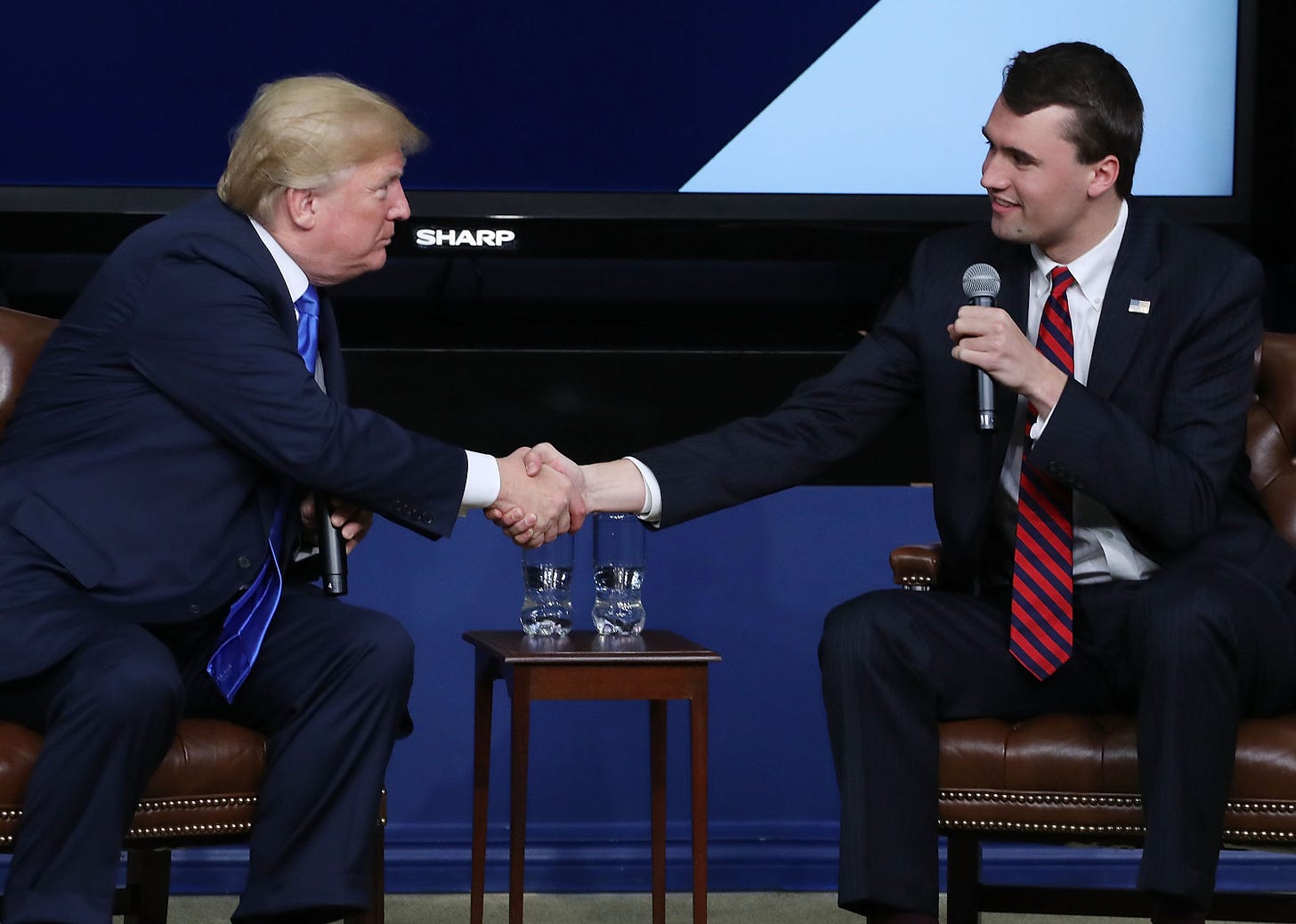On Charlie Kirk
The folks at FIRE noted today that “we’re in the cancel culture phase” of the Kirk tragedy news cycle, where any seemingly insensitive comment will attract an online mob seeking vengeance. But we should be able to state a few obvious truths simultaneously:
Political violence is neve…




